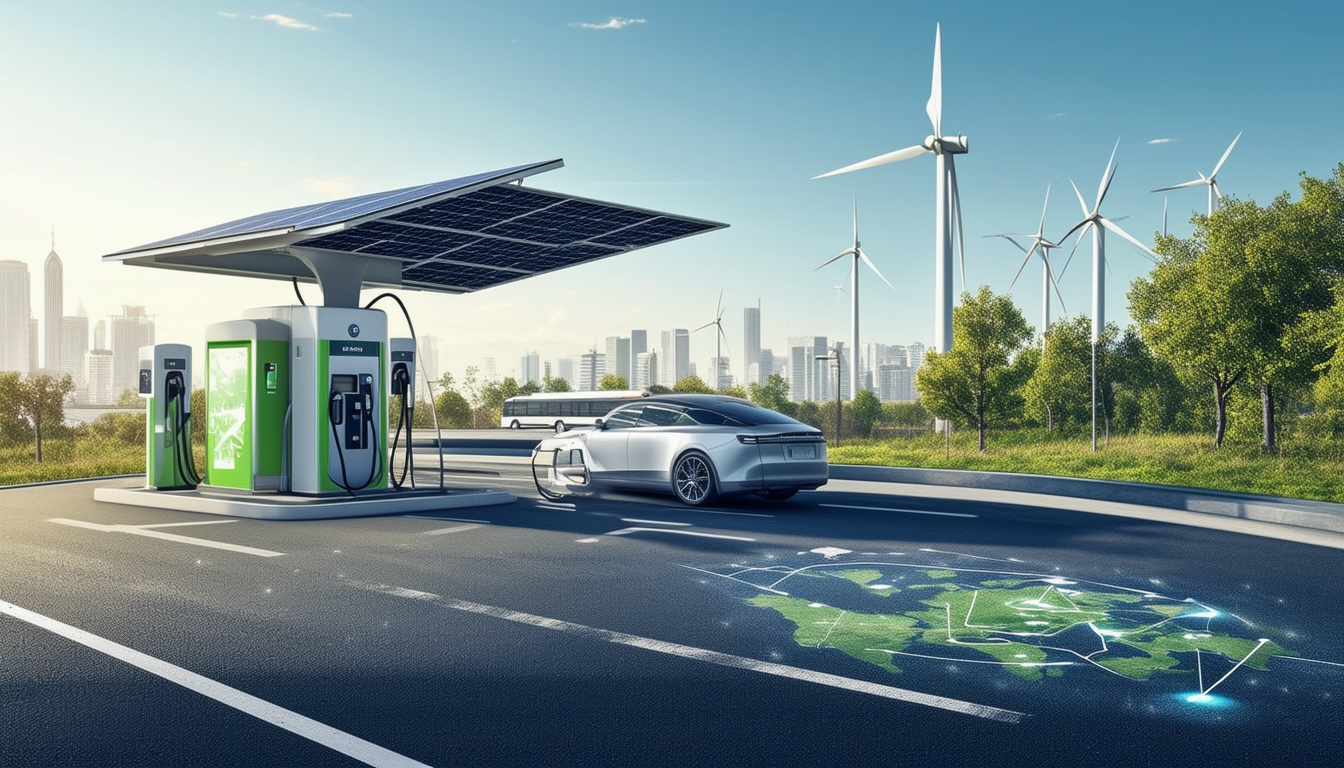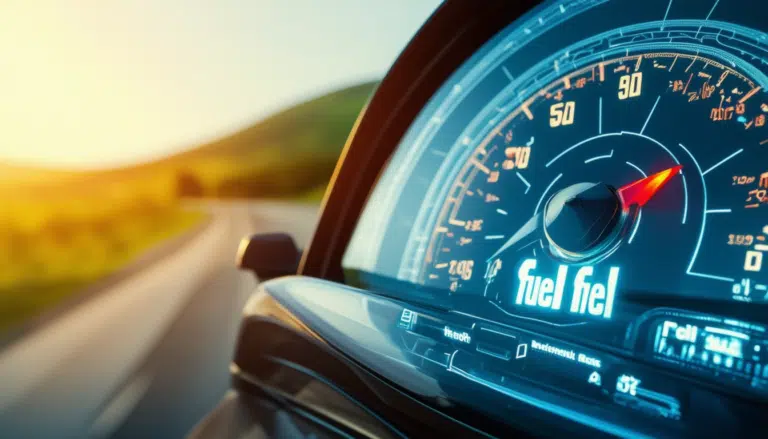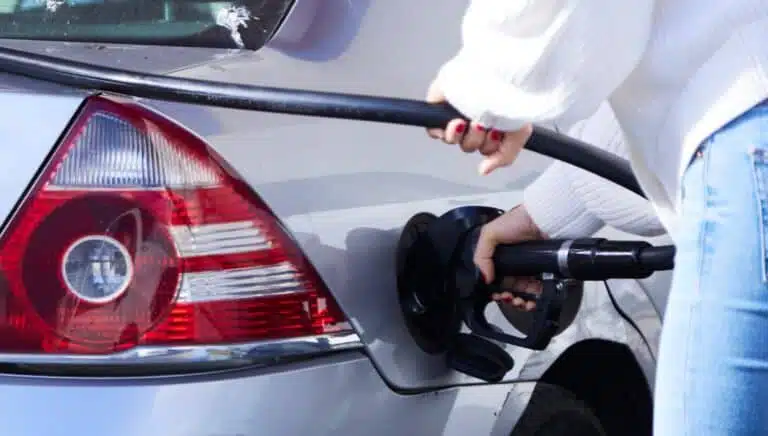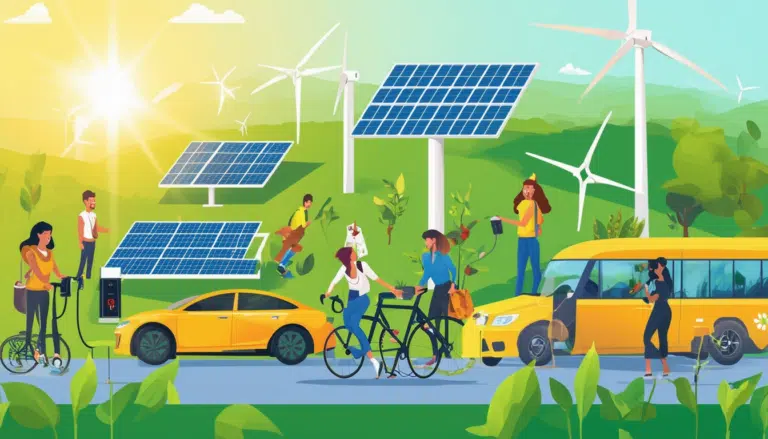Technologies that help reduce fuel consumption

Currently, the search for technologies that contribute to reducing fuel consumption has become a priority for both consumers and companies. The growing awareness of environmental impact and the need to optimize costs have driven the development and implementation of innovations that promise to improve energy efficiency in vehicles. From direct injection systems to adaptive cruise control technologies, these solutions not only favor economic savings but also represent an important step towards more sustainable mobility.
In a world where sustainability and energy efficiency are becoming increasingly important, technologies to reduce fuel consumption are gaining prominence. This series of innovations focuses on optimizing fuel use and reducing consumption, benefiting both the environment and the users’ wallets. Below, we will explore some of the main technologies that promise significant fuel savings.
Direct Injection
Direct injection is a technology that allows for more efficient combustion in gasoline and diesel engines. This system introduces fuel directly into the combustion chamber at high pressure, resulting in a more optimal mixture with air. As a consequence, greater power and lower fuel consumption are achieved. Many car manufacturers are adopting this technology in their new models, thus offering a more ecological and economical alternative.
Continuously Variable Transmission (CVT) Systems
Continuously variable transmission (CVT) systems are another important advancement in reducing fuel consumption. Unlike traditional automatic transmissions, CVTs provide a smoother and more efficient driving experience by eliminating fixed gear shifts. This allows the engine to operate at an optimal RPM range, reducing energy waste and, consequently, fuel consumption.
Start/Stop Systems
Start/Stop systems are technologies that shut off a vehicle’s engine when it is stopped, such as at a traffic light. The engine automatically restarts when the driver steps on the accelerator. This measure can reduce fuel consumption by 10-15% in urban conditions, where stop times are frequent. Thus, vehicles equipped with this innovation not only save fuel but also reduce pollutant emissions.
Adaptive Cruise Control
Adaptive cruise control is an advanced technology that allows the vehicle to automatically adjust its speed based on the traffic on the road. This system uses sensors and cameras to measure the distance between vehicles, always maintaining a safe separation. By optimizing speed, fuel consumption can be reduced by avoiding rapid accelerations and braking that causes higher fuel expenditure.
Intelligent Navigation Systems
Intelligent navigation systems offer optimized routes that can help drivers avoid traffic and less efficient roads. Additionally, some systems also suggest driving techniques that can be more economical. This translates to less time on the road, which in turn reduces fuel consumption and improves overall efficiency.
Low Rolling Resistance Tires
The choice of low rolling resistance tires is crucial for maximizing fuel efficiency. These tires are designed to offer less resistance when moving, which means they require less energy to maintain speed. By reducing friction with the road, better fuel performance is achieved, making this a popular option among drivers looking to save.
Use of Alternative Fuels
The incorporation of alternative fuels such as biodiesel, compressed natural gas, or hydrogen also contributes to the reduction of fuel consumption. These energy sources are often more sustainable and cleaner than traditional fossil fuels. By using these fuels, not only is the cost associated with their use reduced, but greenhouse gas emissions are minimized, aligning with sustainable development goals.
Innovations in Engines
Innovations in engines, such as electric and hybrid engines, are revolutionizing the way we think about transportation. These engines, which operate partly on electricity and partly on fossil fuels, allow for considerable fuel savings. Additionally, they are designed to be efficient, contributing to a reduced carbon footprint in transportation.
For more information about the role of alternative fuels in sustainability, visit this link.
The search for technologies that help reduce fuel consumption has become essential in a world where rising fuel prices and environmental concerns are hot topics. In this context, numerous innovations have emerged, each designed to optimize energy consumption and minimize ecological impact.
Among the most notable solutions are direct injection systems, which offer more efficient combustion by optimally mixing fuel and air, significantly improving engine performance. Additionally, modern automatic transmissions, such as Continuously Variable Transmission (CVT), allow for smoother and more adaptive gear shifts, helping to keep fuel consumption at low levels.
The Start/Stop system, which shuts off the engine when the vehicle is stopped, has also proven effective in reducing unnecessary fuel consumption. On the other hand, coasting and adaptive cruise control technologies contribute to more efficient driving and reduction of fuel expenditure by helping maintain a constant speed.
No less important is the use of telematics technologies, which advise drivers on more efficient driving habits, reminding them to adjust their speed or behavior behind the wheel. These tools not only allow companies to reduce operational costs in their fleets but also promote a more sustainable lifestyle among individual drivers.
Together, these technological innovations benefit not only the economy of their users but also represent an important step towards a more sustainable future that is less dependent on fossil fuels.





